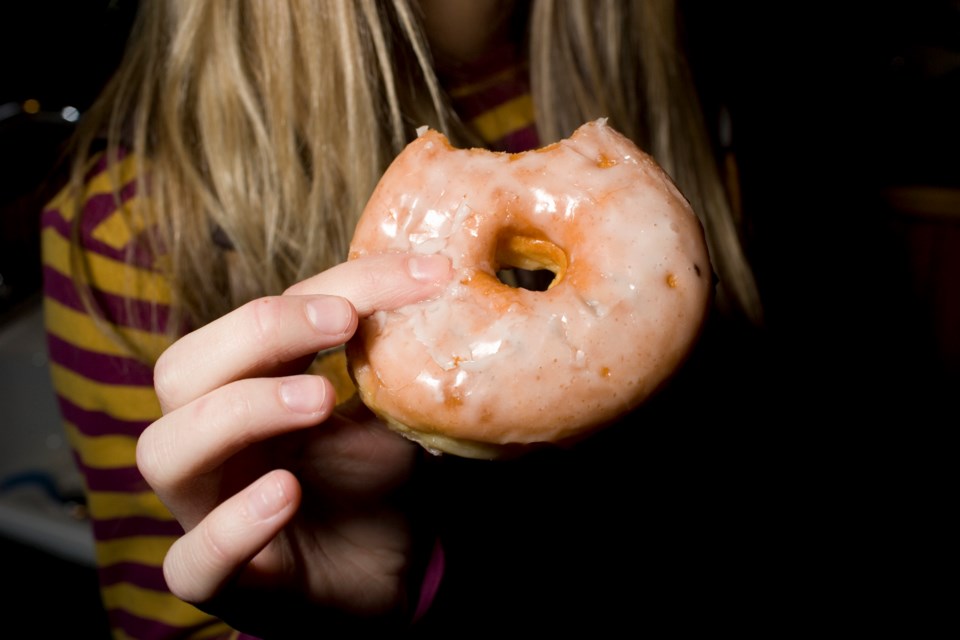Making healthy food choices for kids is all about moderation, according to North Shore readers.
North Shore News polled 1,878 North Shore News readers and asked the question: Should parent-run school fundraisers and lunch programs offer only 'healthy' food to kids?
The poll comes at a time when the B.C. government is considering restrictions on the types of food that can be offered to students in schools, in the interest of promoting healthy eating. Not everyone's on board with the idea. While health advocates welcome the proposed change, some parent groups have suggested the new rules will cut into their fundraising efforts and take the fun out of food.
Of local readers who responded to the polls, 43 per cent said moderation is the key. Doughnuts and pizza are OK in schools as treats, said those readers. Just not all the time. A slightly smaller number of readers – almost 32 per cent – said they support the proposed changes, saying kids eat too much food high in salt and fat already. Just under 25 per cent of local readers said the state has no business deciding what parents feed their kids and should mind their own lunch box.
The poll ran from 4/7/2022 to 4/28/2022. Of the 1,878 votes, we can determine that 692 are from within the community. The full results are as follows:
Results are based on an online study of adult North Shore News readers that are located on the North Shore. The margin of error - which measures sample variability - is +/- 2.25%, 19 times out of 20.
The North Shore News uses a variety of techniques to capture data, detect and prevent fraudulent votes, detect and prevent robots, and filter out non-local and duplicate votes.


